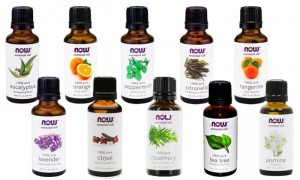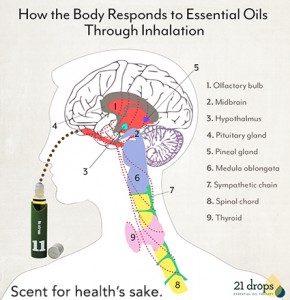Does Chewing Gum Actually Help Studying?
During my freshman year at Penn State, my dad brought me a pack of mint gum because he saw an article about how gum can improve your studying habits. I thought he was crazy and I never looked into it. Until I recently have been trouble concentrating and I thought why not look more into this idea. I have heard that it helps you study for exams and I thought if that’s really the case, then I want to do it!
 Image found here.
Image found here.
Study 1
The first study talks about the outcomes that chewing gum has on your overall mood, brain function and well being. This study also brought up how chewing gum can decrease stress in a person. The sample was 133 volunteers which were later divided in half. Half of the group tested in a quiet location while the other half tested in a more stressful location with loud noises. There were two flavors of gum given, mint and fruit. The volunteers were asked to list how they felt at the beginning and end of each session. The conclusion of this study was that chewing gum can in fact have a positive impact on people’s overall mood, brain function and well being.
There were a couple of things in this study that I would’ve done differently. The first thing is, the researchers didn’t take into account of any third variables such as the flavor of the gum or if the participants had any prior experiences with stress. Although I feel like the sample size wasn’t too large I can see how it might work more effectively with fewer participants. Rather than doing 133 people at once, break it up into a couple different studies and then compare answers.
Study 2
The second study talks about again how chewing gun can assist you in concentrating for activities such as schoolwork. The sample size for the study was 38 participants, split into two different groups. One group chewed gum while the other group didn’t. The experiment was to have the two different groups listening to random numbers, 1 – 9, being called out. The researchers themselves rated the participants on how well they listened and how long it took them to notice they were doing a pattern of odds and evens. The participants also completed a survey based on how they felt before and after the activity. The results conclude that chewing gum does help you concentrate!
 Image found here.
Image found here.
I came across this image and I thought it was pretty cool to see the differences between test averages of with gum versus without gum.
Take home message
The reason I used two different studies is to compare the two and get more insight on the topic. I can conclude from both studies that chewing gum can actually help you concentrate. This is important to know because I struggle with concentrating while doing things, like this blog post. (I just signed out of Facebook for the 3rd time! Whoops!) When looking back at the two studies, the first study pops out more to me because I feel like they did more to prove their point. By that I mean they actually tried two different flavors of gum as well as looked at how stress can play a factor in it. Another underlying potential problem is the confounding variables like IQ that were not taken into consideration. But overall I agree completely that chewing gum can help you concentrate!!
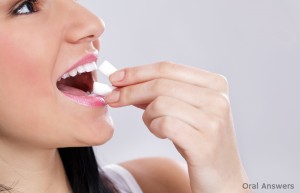 Image found here.
Image found here.



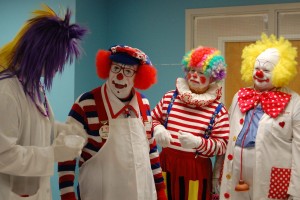

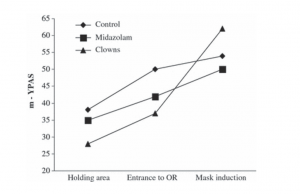
 Image found
Image found 